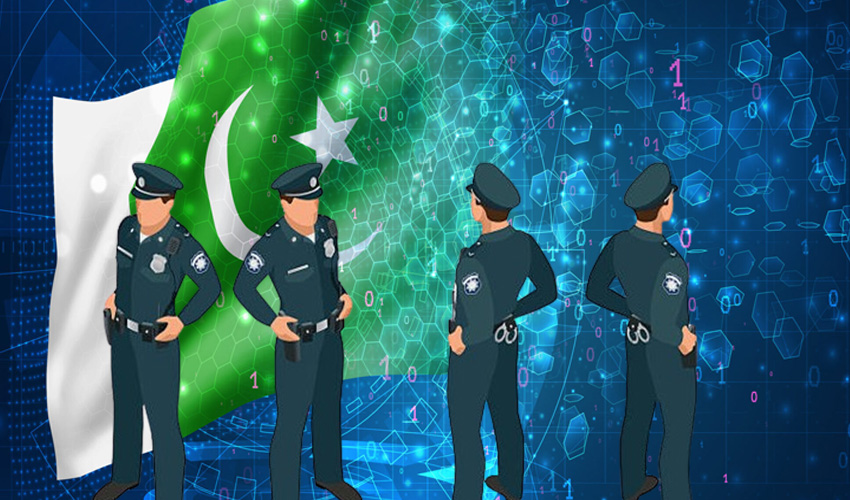Amidst the ongoing discussions around social media liberties and the newly defined notion of “Digital terrorism,” the government led by Prime Minister Shehbaz Sharif is garnering attention for its ambitious ambitions to build a highly advanced national firewall.
By strengthening official surveillance and control over online activity, this new legislation is expected to drastically alter Pakistan’s digital landscape. Major platforms such as Facebook, YouTube, and X (previously Twitter) will be impacted.
Although the action is being presented as a countermeasure to “anti-state propaganda,” it has really generated a great deal of discussion regarding digital freedom, privacy, and the effects on Pakistani internet users.
Knowing about firewall technology
An inbound and outgoing network’s traffic is watched over and managed by a firewall, a type of network security system, in accordance with predefined security rules.Fundamentally, a firewall serves as a barrier between an untrusted external network like the internet and a trusted internal network. Similar to those employed in other nations with stringent digital controls, Pakistan’s new firewall system will operate in a similar manner.
The firewall will make use of a method called Deep Packet Inspection (DPI), which enables it to more thoroughly inspect the data packets sent over the internet.







